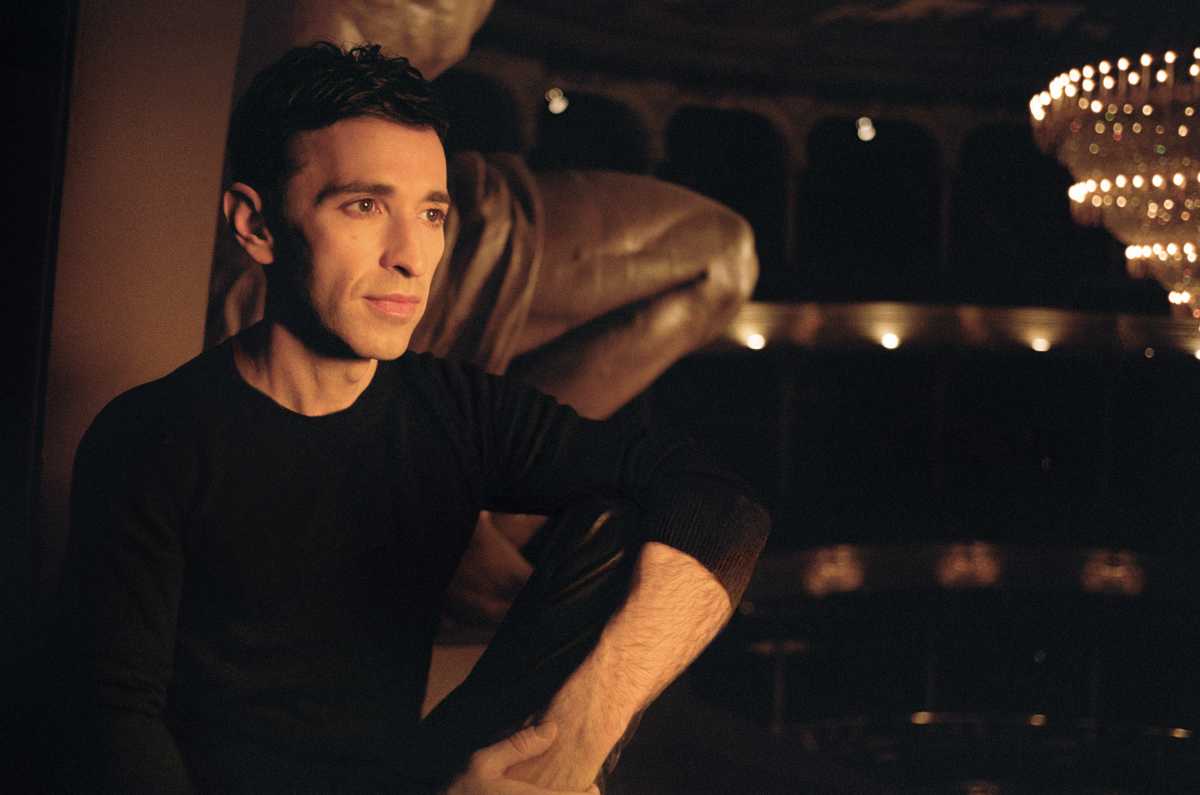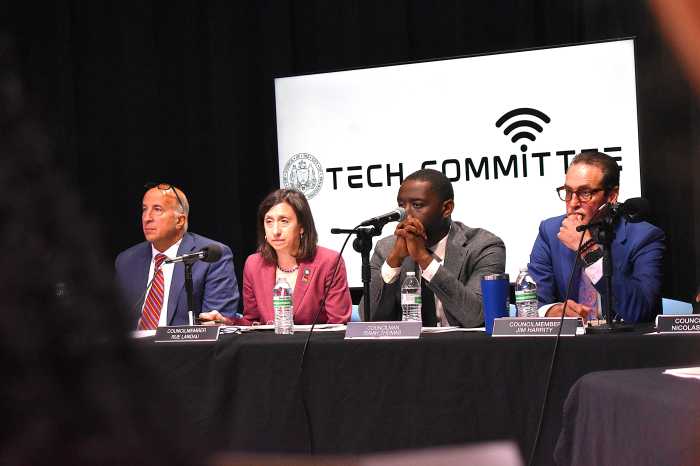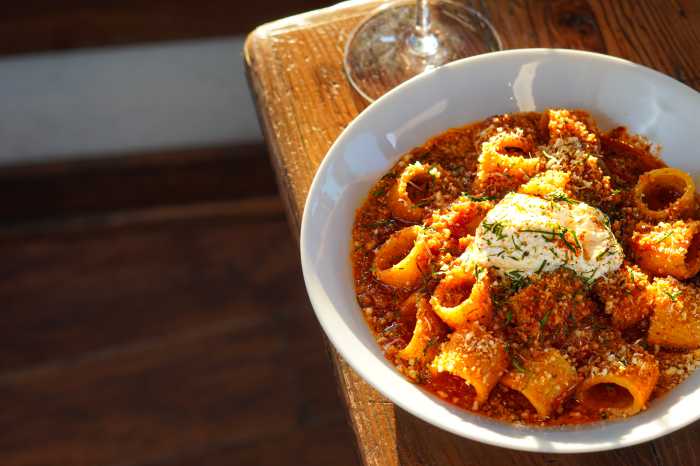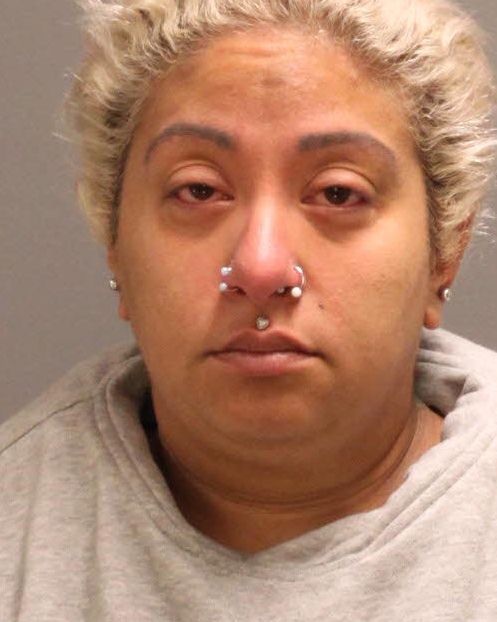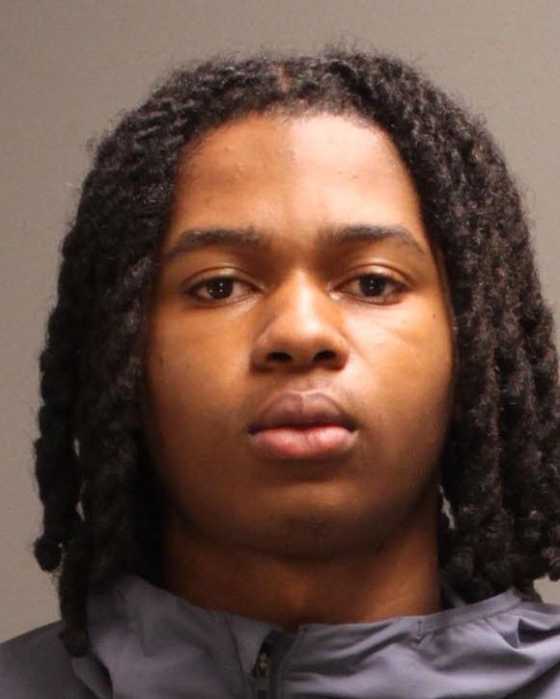When David B. Devan left his post in May as Opera Philadelphia’s General Director and President, he departed on the high note of innovation.
Leading Opera Philadelphia since 2011, Devan created the annual O Fest of pop-up events, cabarets and short run operas, and brought outside artists and youthful audiences to the ancient musical form. He welcomed modernist composers and vocalists set to alter opera’s core.
Countertenor Anthony Roth Costanzo was one of those new school vocalists helping to bring experimental composers and avant-garde staging to Devan’s Opera Philadelphia with O Fest events such as ‘Written on Skin’ and ‘Phaedra’.
Constanzo is now Opera Philadelphia’s new General Director and President. He forged his own path, immediately, with a bold $11-all-tickets-price boom and opening OP’s 2024 season with trailblazing Philly composer Missy Mizzoli’s ‘The Listeners‘ starting Sept. 25.

“I love David Devan as he was a big part of my career, made my multimedia events such as ‘Glass Handel’ happen at the Barnes… and for giving me early opportunities and trusting me as an artist and as a producer,” says Roth Costanzo, adding “the visionary who made Opera Philadelphia what it is, David’s reputation is why I came to Philadelphia in the first place.”
And surely why Roth Costanzo wanted to take the helm at Opera Philadelphia.
“Plus, I really lucked out having Corrado Rovaris as a musical director, here,” he says. “Corrado conducted me in my first work for Opera Philadelphia back in 2009.”
Make no mistake—just because he’s Opera Philadelphia’s newest exec doesn’t mean Roth Costanzo has stopped his work as a vocalist. Currently, he’s singing seven different roles in ‘Le Nozze di Figaro (The Marriage of Figaro)’ for New York’s Little Island company until Sept. 22.
“I think that it is exciting to be an artist and a leader at the same time,” said Roth Costanzo from Manhattan. “The way that I use my creative brain, when I’m making art, singing a phrase… I try to apply all of that creative thinking and ingenuity to crafting an operational structure, a fundraising structure and, of course, programming.”
So far, OP’s new boss believes that he and the company have made great strides and significant progress within his first ten weeks at the job.
“We have raised $7 million, cancelled all accrued and current debt so that we have a level playing field. But going around the world as an artist, I met so many people who didn’t feel welcome to opera. Part of that was a built-in elitism, a lot of which comes with the price of a ticket. Often when we program (shows, seasons), we program for people who can afford $150 tickets, which means we always program ‘Carmen’ because people like ‘Carmen.’”
However, as an artist who takes risks and works through daring music, as well as opera’s classics, Roth Costanzo isn’t about to play it safe in programming or pricing.
“For this season, we’ve made all of our tickets, from front row to box to back row, $11 or Pick Your Price,” he says proudly. “What we witnessed in the first week of that sale is that we’ve sold over 8,000 tickets. Of those tickets, 67% are first-time Opera Philadelphia buyers. That means, our houses, for the entire season, through May are over 90% full.”
Audience members, young, old, new music or classics, want to hear great stories. A freshly-composed opera such as ‘The Listeners’ tells, in Roth Costanzo’s words, “a story of where America is now, its psyche, that feels personal and relevant… opera can tell these stories in emotional and cathartic ways.”
The new president says he believes, too, that new opera brings about new and greater diversity and experience.
“Everybody’s stories can be told that way,” he says.
Roth Costanzo adds that the high sales’ percentages prove that people want to be a part of what opera holds dear and does best. When asked about how this covers the cost of an average staged and mounted opera, Roth Costanzo said he believes that the additional costs can be covered, for example, by the “almost 600 individual donations to the company received when people bought tickets on-line” during the Pick-Your-Price sale.
More importantly, “art should be a civic duty” with the additional costs for Opera Philadelphia, perhaps, picked up in a civic fashion such as “foundations and corporations, and “not to be reliant on a commercial model.”
“When I looked at our budget, I projected that ticket sales would make up 8% of our income. That’s just not enough of a good reason to let ticket sales drive programming, to let ticket prices be high or to exclude as many people as we were excluding,” he said. “What we need to do, have done and will continue to do is excite foundations, corporations and individuals about what this new ticket price means for civic life in Philadelphia, and for a model – a beacon – that we can set for arts nationwide.”



